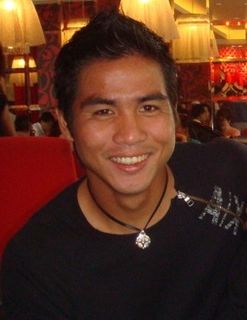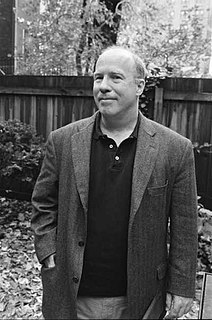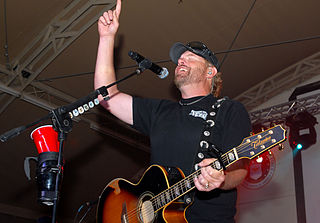Цитата Шейна Смита
Американские СМИ только что превратились в разговорное радио, невероятно пристрастные обзывания и обзоры. Я думаю, что войны в Ираке и Афганистане доказали, что она совершенно не способна действовать как эффективная четвертая власть. И молодежь это не проспала, как принято считать; вместо этого они научились не доверять тому, что им говорят.
Темы цитат
Действуйте
в Афганистане
Американские
американские СМИ
становятся
верными
Призывы
Эффективное
имущество
провалилось
Четвертое место
Невероятно
Вместо
Ирака
Просто
быть
изученным
Название
СМИ Оп-Ред
Партизанские
люди
Доказано
Радио
Спящие
разговоры
Разговоры Радио
Продумывание
доверия
Войны
В основном
это
были молодые
люди
Связанные цитаты
Я отправился освещать войны в Ираке и Афганистане в основном [в Buzzing at the Sill], потому что меня интересовала война как понятие и ее переживание. Меня интересовала история и то, как формируются общества. Меня интересовала недавняя история того, что спровоцировало эти войны. Поэтому, когда я, наконец, выбрался туда, я действительно смотрел на войны с американской точки зрения, гораздо больше, чем через американские солдаты и морские пехотинцы.
Что-то происходит прямо сейчас в Америке, где американский дух или характер вновь заявляет о себе вокруг свободы. Я думаю, что это важное время, и я пытаюсь задокументировать это как художник. Если я просто фильтрую то, что читаю через СМИ, если я просто просматриваю то, что читаю через СМИ, я на самом деле не соприкасаюсь с миром, в котором вырос. Я знаю, что там есть пробел, я разговариваю со своими родственниками. , я разговариваю с людьми, которых встречаю, путешествуя, и их мысли заняты совершенно другим.
Если вы посмотрите на мусульманский мир прямо сейчас, то увидите, что мусульмане-шииты, мусульмане-сунниты стоят на краю огненной ямы, вызванной западным вмешательством и влиянием, натравливающим их друг на друга, используя их разногласия. Таким образом, все готово для войны в этом районе мира, которая уничтожит этот район так же полностью, как и то, что они называют несостоятельным государством Ливией, превратившим Сирию, Афганистан и Ирак в несостоявшиеся государства.
Войны в Ираке и Афганистане — это войны каждого гражданина США в той же степени, что и войны ветеранов. Если мы не будем исходить из того, что гражданские лица несут такую же ответственность и моральную ответственность, как и мы как нация, когда мы приступаем к чему-то подобному, то мы находимся в очень плохой ситуации.
Это было прекрасное время, чтобы быть молодым. 1960-е закончились примерно до 1976 года. Мы все верили в идею «Занимайся любовью, а не войной» — мы были невинными идеалистами, дорогая, несмотря на наркотики и секс. Мы были милыми милыми людьми, которые хотели выкинуть все степенные институты, которые ставили деньги и войны превыше всего. Когда ты молод, ты думаешь, что так устроена жизнь. Никто из нас не был известен, мы были на мели. Мы не думали, что через 30 лет о нас будут писать книги. Мы были просто детьми, которые поступали правильно.
В Афганистане было бы достаточно сложно и без Ирака. Ирак сделал это невозможным. Аргумент о том, что если бы мы сосредоточились только на Афганистане, то сейчас все было бы в порядке, убедителен, но он упускает из виду тот факт, что мы не должны были участвовать в государственном строительстве в Афганистане.
Я думаю, что первое, на что следует обратить внимание, это отсутствие «решения» в Афганистане. Решение я поставил в кавычках. Мы живем в культуре публицистики, то есть всегда нужно иметь решение. Последняя треть этой статьи должна говорить: «Сделай это, это, это и это». Нет этого, этого, этого и этого, что сделает Афганистан правильным.
Я думаю, что работа редактором действительно помогла мне делать заметки других людей о моем письме. Я получал примечания вроде «Это слишком сыро» или «Первые пару глав хороши, но затем остальные страницы были настолько влажными, что их было совершенно неразборчиво» или «Вы обмакивали это в Sprite? Это пахнет Спрайтом. Зачем тебе обмакивать свой роман в «Спрайт»? И вместо того, чтобы сопротивляться, я бы выслушал. Это невероятно важный навык для молодого писателя.
































